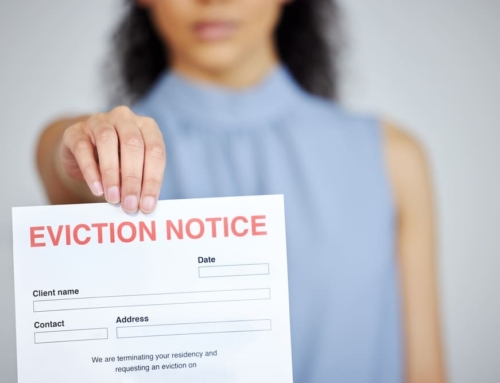
REO vs. Foreclosure Properties
Q: I’d like to purchase the home on the courthouse steps. I need extra cash to invest in a home I want to fix and flip.
I’m wondering if I put together a good real estate team, would it make more sense to buy the home at a foreclosure sale or buy the home once the bank has done the work and owns the property? Is it easy to purchase REOs and is it safer than buying the home earlier in the process?
I can pull a title search and see any liens or negative items on the title report for the property. I’m just curious as to your opinion.
A: It’s great that you’re putting in place a real estate team to help you with buying a home that’s currently in foreclosure or a property that has gone through the foreclosure process and is now owned by the bank (an REO property – “real estate owned”).
The answer to your question depends greatly on where the property is that you’d like to buy and the competition for that property and others like it in the area. If you live in an area in which many other real estate investors are trying to do exactly what you are doing, the competition may make a novice like you overpay for a home or fail to get the property.
If you buy a property at the courthouse steps, you might need to have the cash in hand to buy it. You may not be able to wait for a lender to go through the process of approving a loan. In some cases, you have to come up with the money for that sale within days of the sale.
On the other hand, once the property is owned by the bank, if you have started the loan process, the lenders that own the homes may give a buyer like you thirty days to obtain financing and close.
Having said all that, one problem with buying a home in foreclosure is that the owners or tenants of the home still live there and may refuse to move or, worse, might damage the home before they move out.
There are plenty of homeowners who have ripped out appliances, cabinets, doors, countertops, wood flooring, carpeting, banisters, hardware, furnaces, air-conditioning equipment and anything of value before moving out. Will you be prepared for that?
With REO properties, frequently the prior owners have already moved out and you can see what you are buying. Many REO properties are sold with real estate brokers that can show you the home. You might want to start your process of owning properties by working with REO properties first and moving up to foreclosures later. You can get some experience buying and owning properties and see where that takes you.
You’re right to be cautious when it comes to title issues and other property obligations. If you can do some of your due diligence on the property before you even look at it, you’d be better off. In some parts of the country, you can look up information that affects the title to homes and court records online. If you have that information, you will be better prepared to know what to expect.
If you decide to buy a condominium property or any property that is part of a homeowner’s association, make sure you become knowledgeable about your responsibilities to pay amounts that are owing to the association. In some cases, you can buy a home and find out that there are thousands of dollars owing the association and that you will still be responsible for those payments.
If the municipality in which you live can assess special taxes or amounts due on a property, you should become familiar with those payments and determine what they are before you bid on a home. You won’t want to buy the home to find out that the municipality has assessed fines or that the property has a substantial amount owing the municipality that will become your responsibility.
If you have a knowledgeable real estate agent to work with along with a good real estate attorney and a lender who can give you financing for your purchases, you should be in good shape.
But keep one thing in mind, it’s becoming more and more difficult to get financing from lenders for some of these purchases. So if you get a lender to give you financing on one or more investment properties, please make sure you understand what the lender’s limits are.
Whatever you do, don’t lie on your applications by claiming that each of the properties you buy will be your new primary residence. You should be upfront and honest that you are an investor in these properties and get find a lender who work with you now and in the future.






Leave A Comment